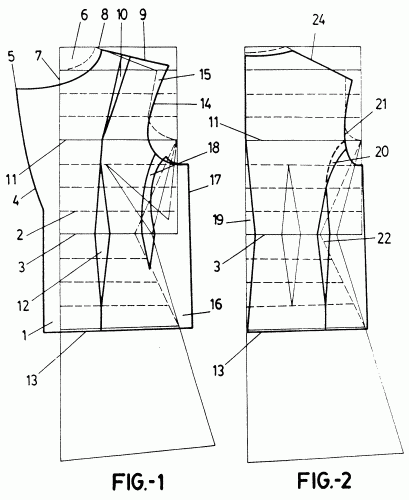This semester in my English class we decided to create blogs to develop our writing skills and practice the theory on producing texts.
I’ve learned that blogging it’s a very good way to publish texts and getting feedback from other students and users throughout the world.
Blogger is simple to use and allows you to put a variety of media into every post and add gadgets that make the experience more interesting.
Blogs are an amazing tool for publishing different types of contents, are free, easy to use, and a space where you can express yourself to as many people as possible.
Writing in English comes fairly easy to me, and I enjoy the structure of the language and the way that texts tend to organize. Besides in the world of today English comes very handy and useful, it allows you to get to bigger audiences, make your ideas and opinions available to an impressive number of users all over the world. So I can say it has been a great experience and I’ve learned lots of techniques and writing skills.
We also created this Glog where we share our pictures and links in a very fun and colorful way.
Below you can listen to one of my favorite Arcade Fire songs: Sprawl II (Mountains beyond mountains) from their latest album The Suburbs, this is a live version. Enjoy!
We also created this Glog where we share our pictures and links in a very fun and colorful way.
Below you can listen to one of my favorite Arcade Fire songs: Sprawl II (Mountains beyond mountains) from their latest album The Suburbs, this is a live version. Enjoy!
Ir a descargar











